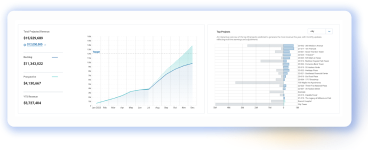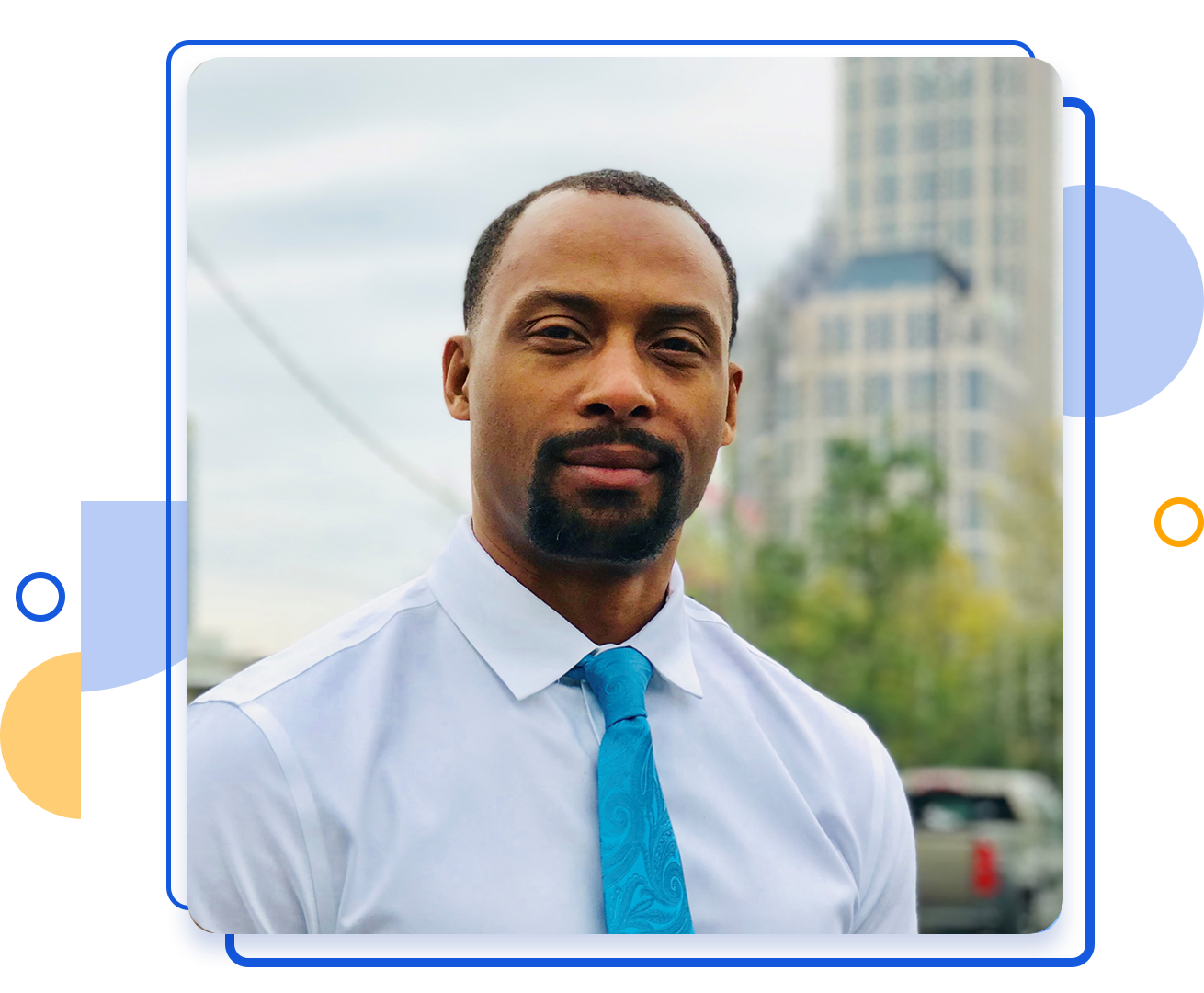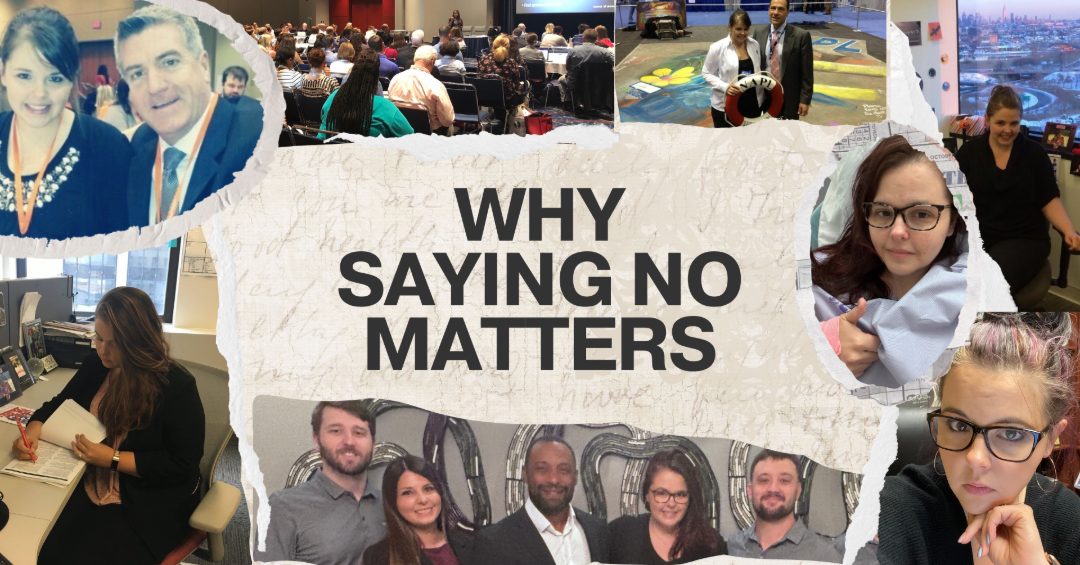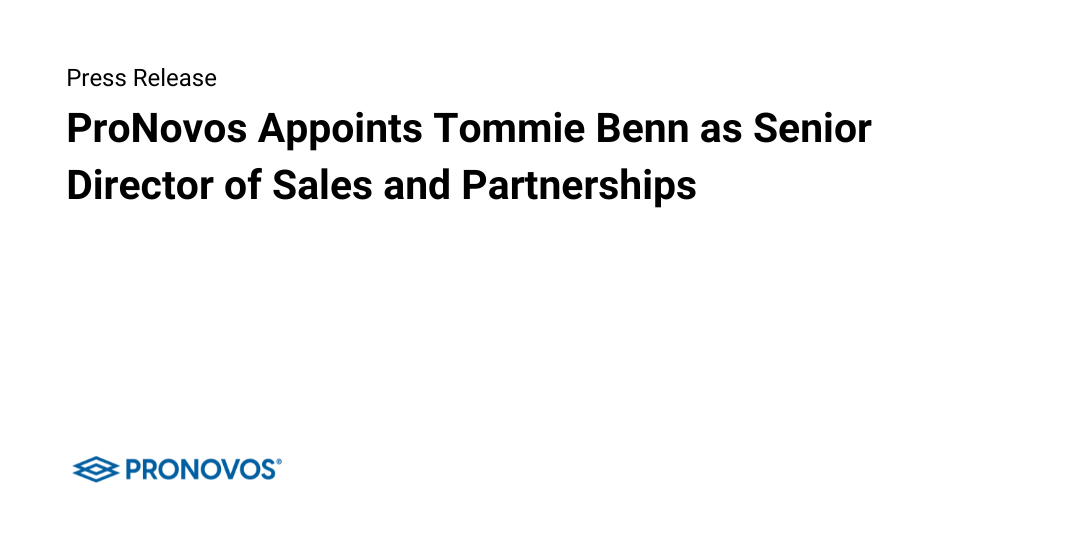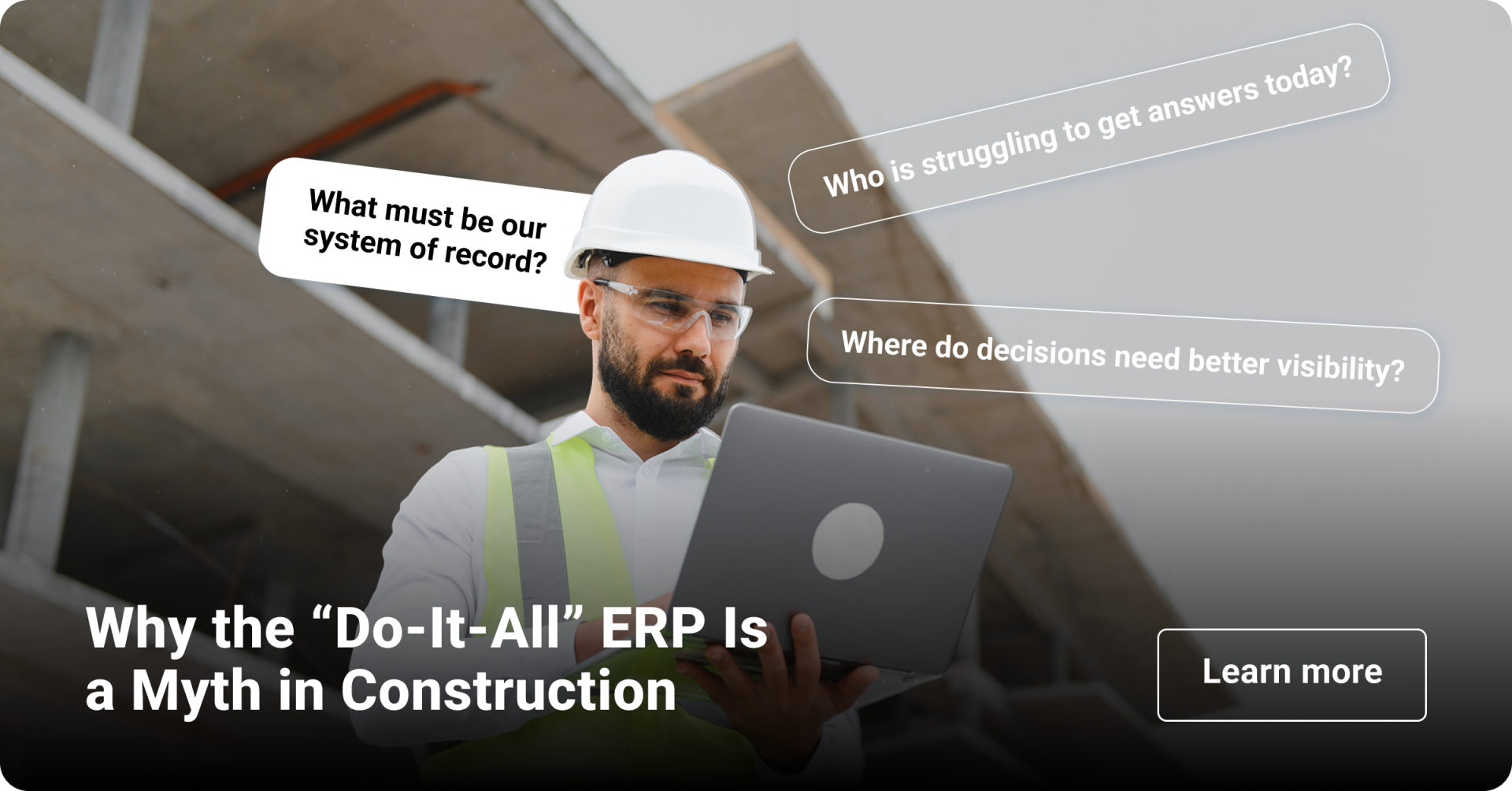Bruce Orr was eight years old when his uncle said something jarring that would shape his life from that day forward.
“He told me that nothing would ever be given to me—that I would always have to work harder than the next person, just because of the color of my skin,” Orr explained. “I internalized that message. Fast-forward decades later and I still have that same, very strong work ethic. I apply it to everything I do.”
Growing up in Metro Atlanta without a father or positive male role model, Orr applied himself and overcame both economic hardship and racial discrimination. (His LinkedIn articles “Racism in Construction” and “‘I’m tired of hearing about diversity & inclusion in construction. Is that OK?’” include accounts of some of those struggles.)
After attending Mercer University and studying data science, Orr went on to fill positions at Citibank, Wipro Technologies, Kronos and Procter & Gamble Co. Today, the 20-year veteran of data analytics is the CEO and Chief Data Scientist of ProNovos, an Atlanta-based project-management and construction data analytics company.
“I came up with the idea to launch ProNovos about 10 years ago after chatting with a construction CFO—she’s now my wife—who told me about her company’s struggles with a proliferation of effective, but siloed, project and accounting applications,” Orr explained. “I knew that you could integrate that data in ways that would make it accessible and incredibly useful.”
Over the past 10 years, accomplishing that goal for a wide array of GCs and subs has turned Orr into a data evangelist of sorts in the construction industry. More recently, he has evangelized for another worthy cause as well—bringing greater diversity and inclusion (D&I) to the sector.
This past March, the Construction Financial Management Association (CFMA) named Orr the incoming Chair of its newly launched Diversity & Inclusion Committee. He had already been volunteering for an initial D&I task force started in 2020 by the Princeton, N.J.-based nonprofit, which serves the educational needs of construction financial professionals.
“Being Chair of the committee requires a lot of time, learning and patience,” Orr said. “Sometimes it feels like every four hours I spend working on D&I is equivalent to 8 to 12 hours running ProNovos. There’s just so much more psychological and emotional overhead involved. But all of that said, it is well worth the investment. The rewards are just incredible.”
Those rewards include learning to see D&I from the perspectives of all kinds of different people. Orr recounts eye-opening conversations in which members of CFMA’s highly diverse committee have described experiences that would have been hidden to him otherwise.
“I knew what it was like to be a Black man in the American South, but I knew nothing about what members of the LGBTQ community go through, or what it’s like to be, say, an Asian person living in the Pacific Northwest,” Orr explained. “From my perspective, it’s also important to look at some of the ways in which white people view D&I, and so I have sought out those perspectives as well. My goal is to try to create an environment that is understanding and compassionate for everyone.”
Toward that end, members of the new committee have been putting in long hours to lay the groundwork for a suite of educational and networking resources. “In the committee’s two-year plan, Year 1 is all about establishing that foundational framework,” Orr said. “For Year 2, our goal is to launch a truly innovative campaign that will assist smaller subcontractors who are part of underrepresented groups. We want to help them strengthen and grow, because CFMA is in a unique position to do that.”
During the AU panel discussion, Orr’s message will focus in part on how contractors and subcontractors can bolster the bottom line by maintaining diverse, open and inclusive workplaces. “Employers just can’t afford to miss out on all of the talent and drive out there, especially when you think about the employment shortages that we’re seeing today, and the growing representation of diverse groups as illustrated by the most-recent U.S. census,” he said.
But Orr concedes that finding those diverse candidates can be a big challenge for employers. It’s part of why CFMA’s D&I Committee aims to ramp up collaboration with counterpart entities at the likes of the American General Contractors of America and Associated Builders & Contractors. “By pooling resources and networks,” Orr says, “we stand to make it much easier for decision-makers to find the candidates they need.”
Nonetheless, in Orr’s view bringing greater diversity, equity and inclusion to the industry is about much more than the bottom line: When 1960s Civil Rights leaders joined hands while being beaten by the police and attacked by dogs, they weren’t motivated by financial metrics.
“They knew that there was a moral and societal obligation that we have to each other as human beings,” Orr said. “The more we embrace compassion and understanding, the more we will just see each other as people rather than members of this or that group. Ultimately, that’s the key to bringing about the change we want to see.”
